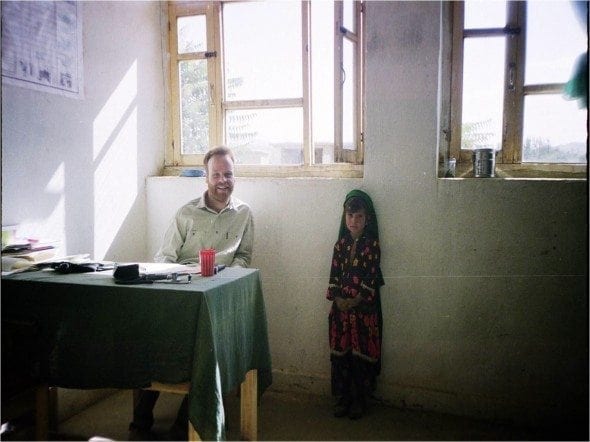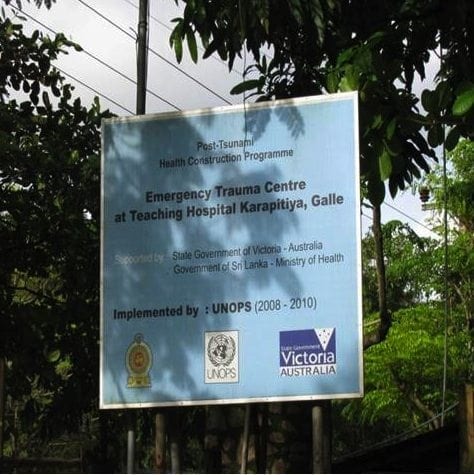Capacity Building in International Emergency Medicine
aka Postcards from the Edge 012
This edition of “postcards from the edge” showcases the path taken by an Australian emergency physician with an interest in improving ‘trauma care’ through research.
Gerard O’Reilly is an Emergency Physician at the Alfred in Melbourne, and the chair of the International Emergency Medicine Special Interest Group from ACEM. He is also carrying out research on trauma registries in developing countries.
The Interview
Hi Gerard, thanks for your time, and welcome to Life in the Fast lane’s “Post Cards from the Edge”! Can you tell us a little about yourself and what got you interested in doing International work and what lead you to your current research?
Hi Bishan. Thanks for the opportunity to talk about some exciting opportunities for those keen on International Emergency Medicine.
I have been interested in international work all along, really. My first real foray was with MSF in north Afghanistan in 1997. From there I have had the privilege of doing some similar work in a Somali refugee camp and in Aceh, after the tsunami. Since 2004, my international work has been mostly based around trauma care capacity-building programs in Asia.
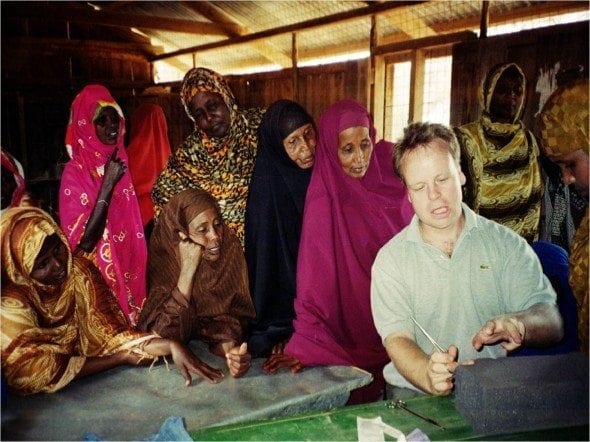
My research interest sprung out of the question of whether all this trauma training works? Sure, we can monitor the success of trauma training programs in improving local knowledge and skills, but what impact do these programs have on reducing the huge burden of injury in Asia, including death and disability? Basic local trauma registries would certainly help to answer these questions and currently very few exist in these settings.
What is it you are actually up to in Sri Lanka at the moment, and what has been one highlight of that venture thus far?
After the tsunami the Victorian government helped the people of Galle by building an Emergency Trauma Centre. Emergency doctors and nurses from the Alfred in Melbourne, with the help of AusAID, have been providing training for trauma care. I just returned from a visit to Sri Lanka last week working on a project to help them further develop their trauma system in the south of Sri Lanka. There have been some really exciting developments since the time this project started, and there is now a fully functioning, and very busy, Level 1 Trauma Centre!
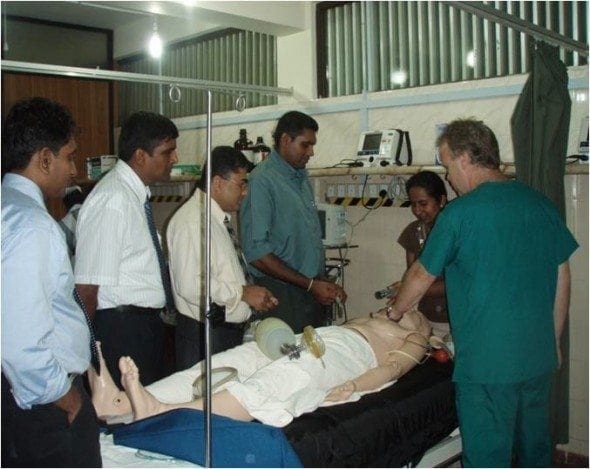
You are hosting a conference (info attached below) focusing on capacity building in International Emergency Medicine – what hopes and aspirations do you have for this meeting?
I am really excited about the upcoming meeting. Interest in International Emergency Medicine in Australia is huge. This is the first time in Australia that there has been a stand-alone meeting focusing on International Emergency Medicine. We have a wonderful list of International speakers, including Jim Holliman from the US, Lee Wallis from South Africa, and of course, our own Chris Curry. I think this meeting will provide a wonderful opportunity for like-minded individuals to get together and collaborate so that we can help with developing emergency care globally, particularly in places with no formal emergency medicine who are just starting out.
It was clear at the ACEM 2011 ASM that yourself and other IEMSIG fellows liked to get more trainees involved in international work, and I understand that you are keen to see trainees attend the upcoming Melbourne meeting. Can you tell us what an ACEM trainee could hope to gain from attending the meeting on Sept 21st?
For trainees who are really interested in learning and doing international work, and I know there are many, this day would allow them to know what is happening in the field, what they need to know and a chance to meet local and international gurus. It will be a great opportunity to learn how to get involved in IEM.
Finally any closing words of inspiration for the International Emergency Medicine enthusiasts community?
“Being involved in International Emergency Medicine has been a great passion for me. The field is growing fast and there are so many opportunities to get involved. For interested EM trainees who are looking to have a global impact “hop on board now!”.
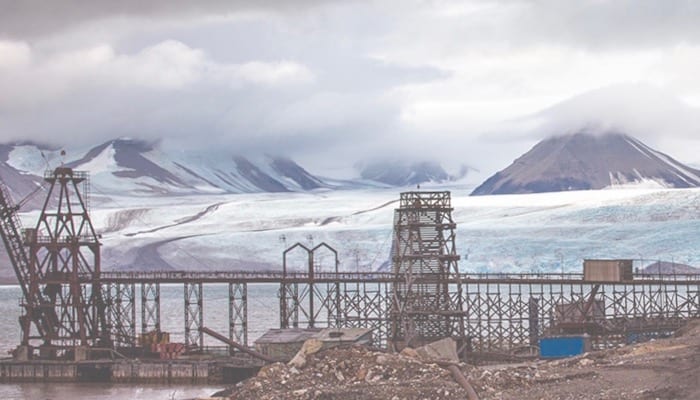
POSTCARDS
from the edge
Emergency Physician FACEM PhD (ANU), International Research in Toxicology and Medical Education | @trainthetrainer |

